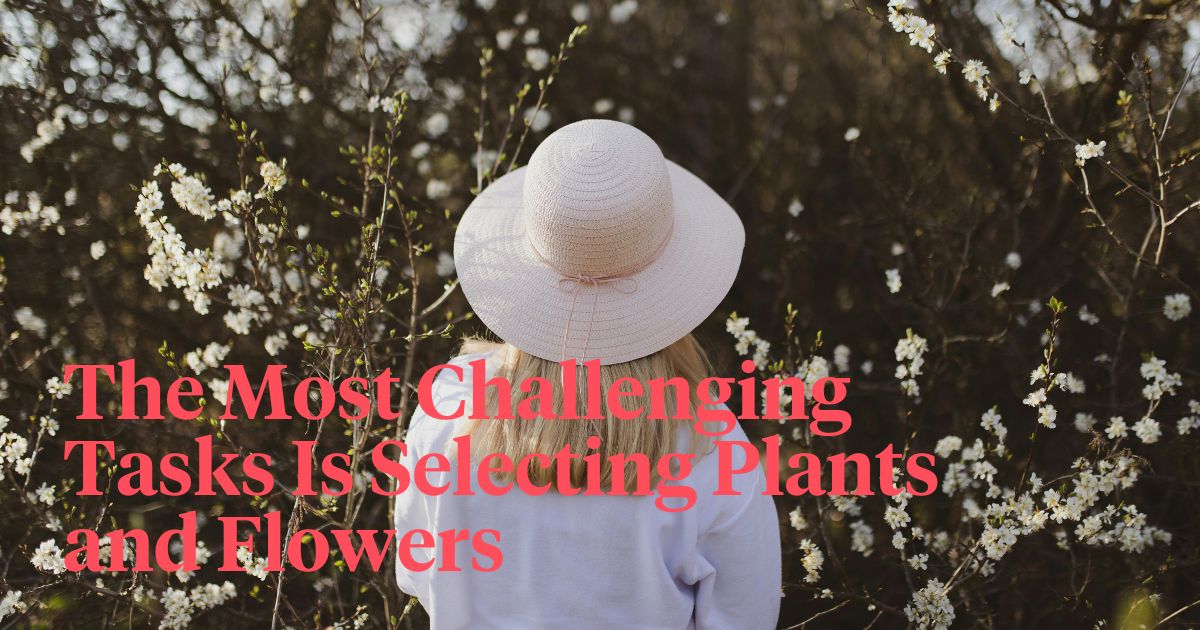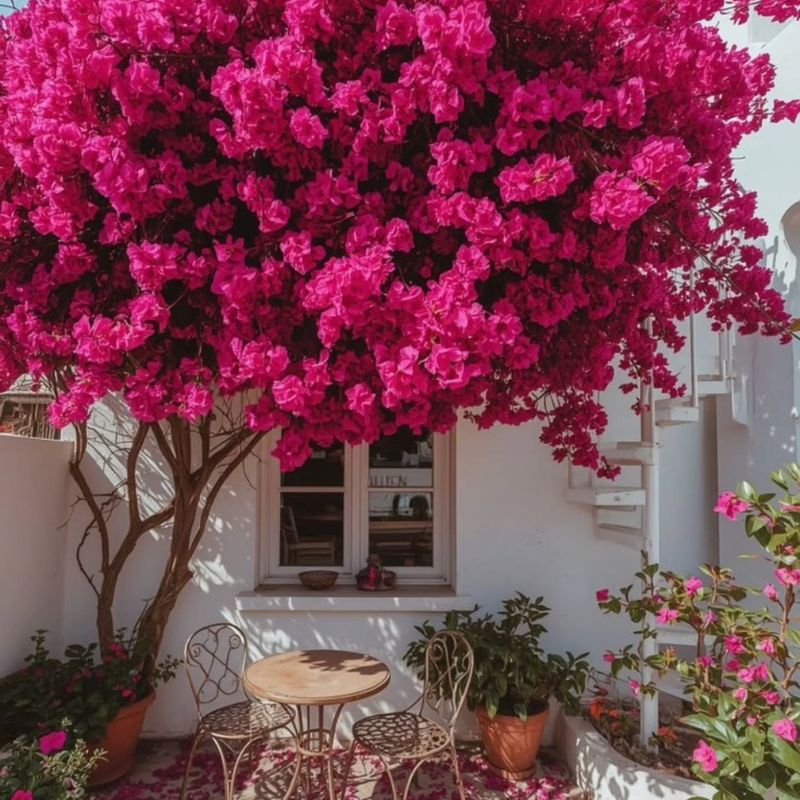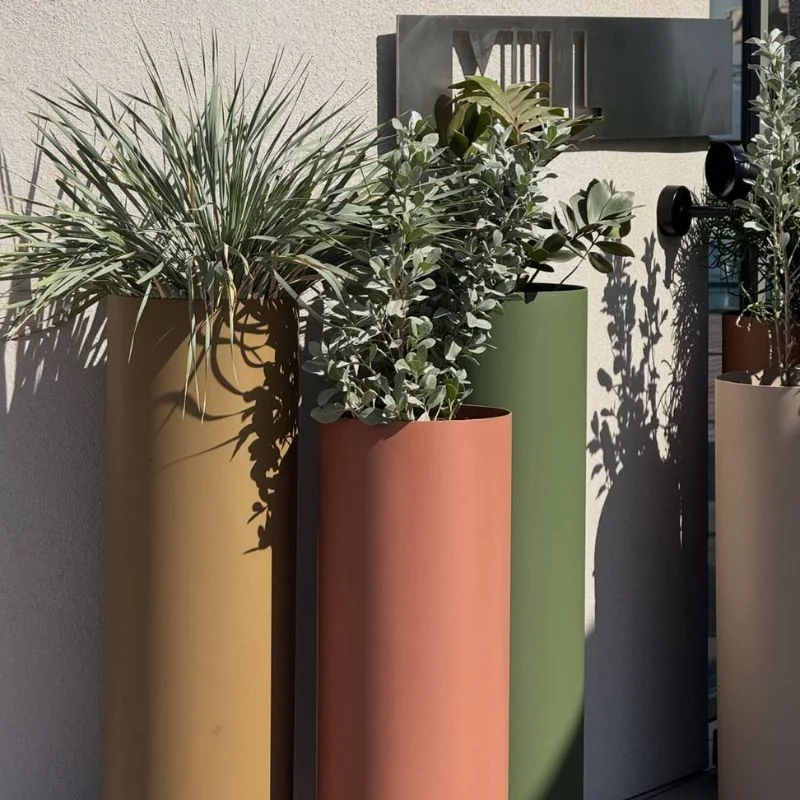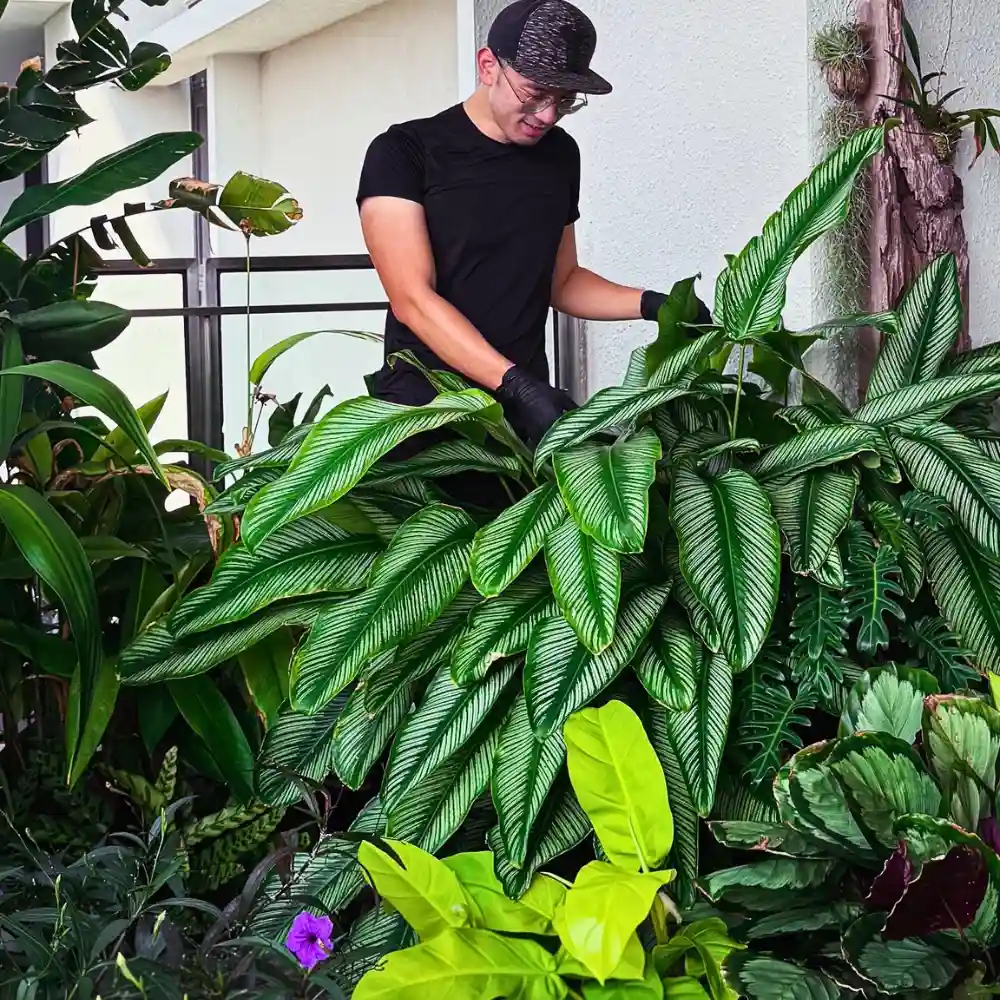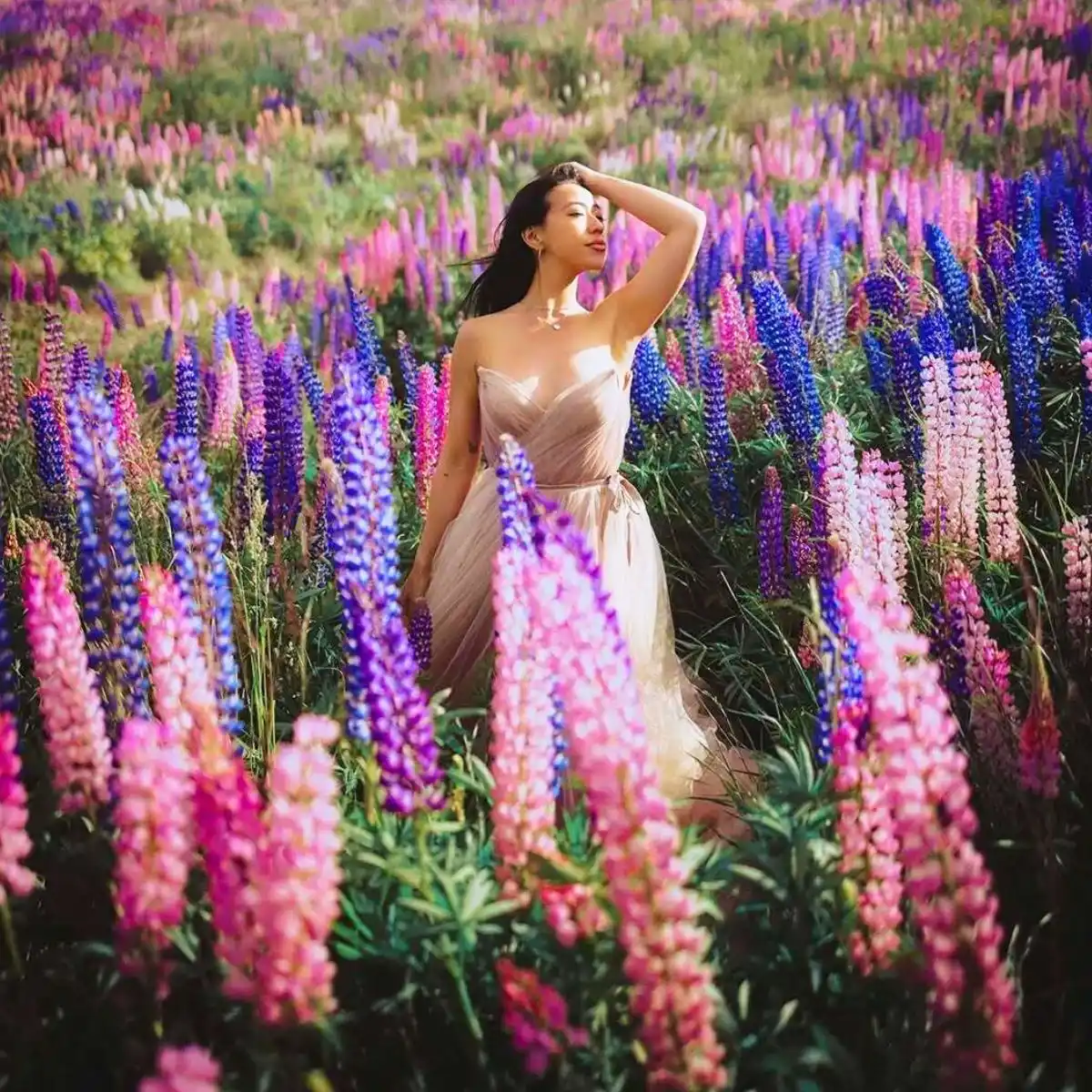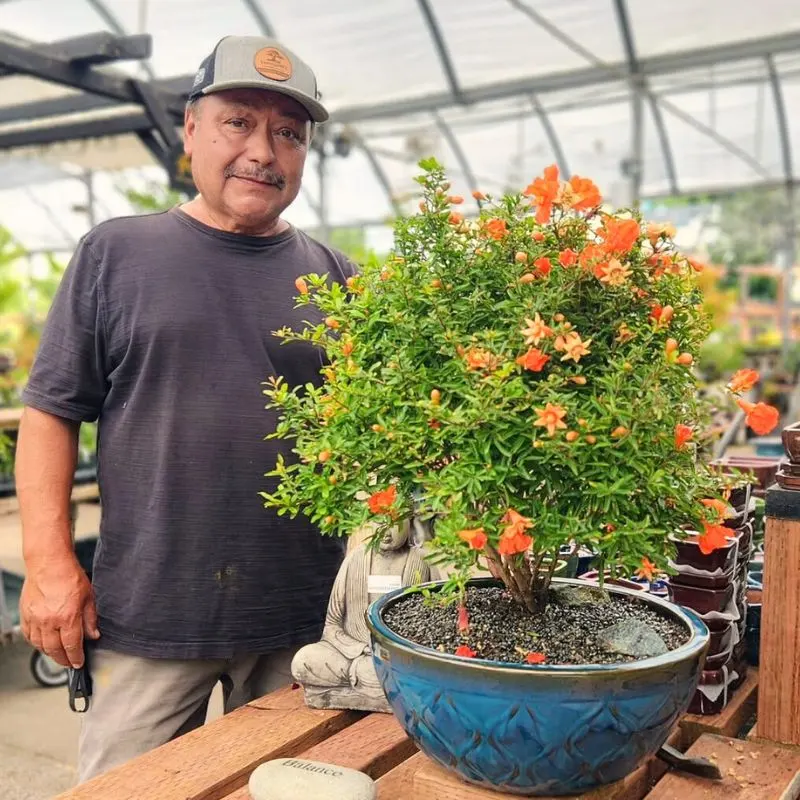Creating a landscape design project is always complicated. You have to consider numerous factors, select the needed options, and make a plan to finish the task on time. One of the most challenging tasks is selecting plants and flowers that will match the design. You have to consider numerous factors, including climate, size, growth rate, etc.
Still, when you have a clear plan of what to do, it’s much easier to make decisions and complete the task. Even though you are selecting the plants for the design for the first time, you will quickly understand what to do.
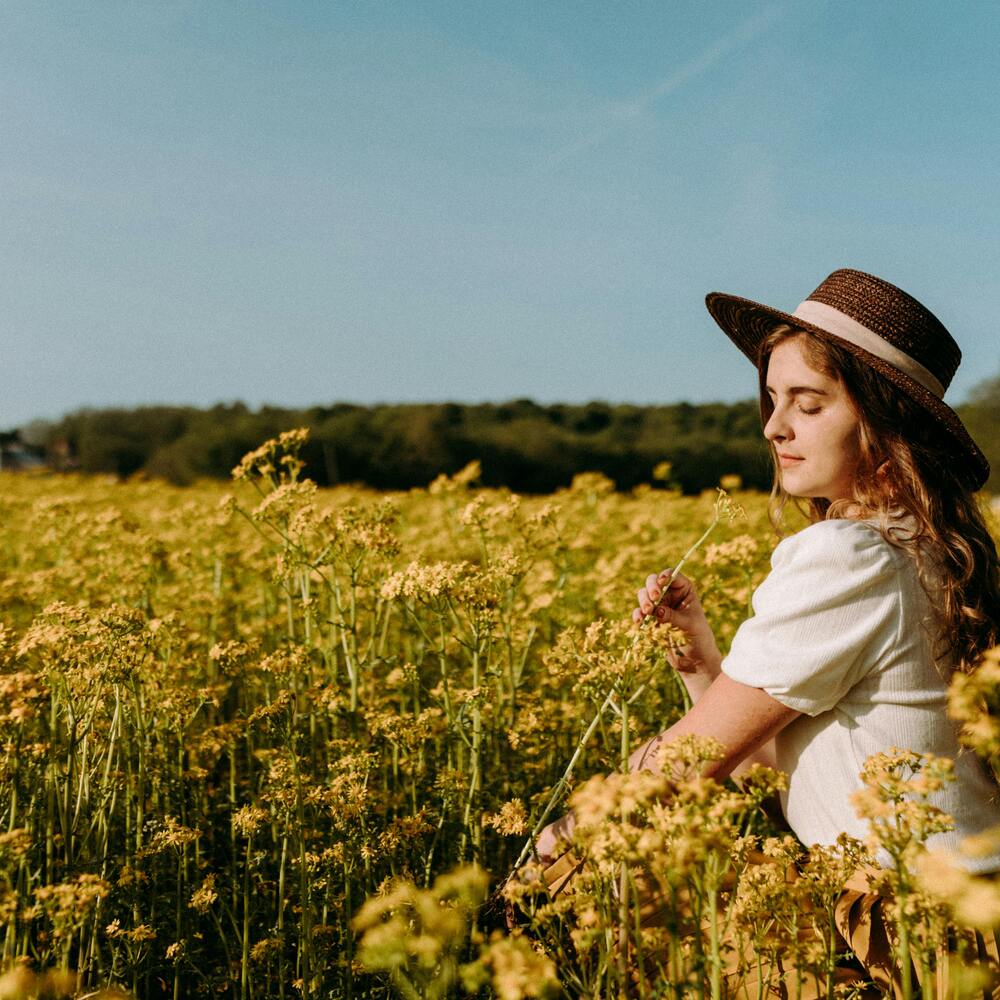
Make the Initial Analysis
The first thing to do is to analyze the site from different perspectives. It’s essential to understand the selected location's physical, environmental, and cultural aspects. You should collect and analyze the following data:
- Soil type
- Drainage
- Moisture
- Sun Exposure
- Temperature
- Wind
- pH
- Existing vegetation
- Slope
- Wildlife
- User preferences
- Regulations
- Utilities
Every point here matters. For example, if you are in a landscape with a rapidly changing climate, it’s one condition. However, if the moisture level and the temperature are stable, it’s a completely different situation. If the soil in your region is well-drained, it may not be good for some types of plants.
Create a Concept for Multiple Seasons
Opting for a landscape design centered solely on plants for a single season isn't advisable, as it can swiftly lose appeal and restrict your options. Instead, selecting plants that thrive across multiple seasons adds depth and enduring interest to your design. Consider your vision, style, and project theme to ensure cohesion and functionality. For instance, if privacy is paramount, the design may focus on creating a secluded ambiance. To further enhance your landscape, tools like RoyalWriter can aid in visualizing and refining your design, making it easier to bring your plans to fruition.
Clarify the Plant Characteristics
Now, to the main point. Since you have decided what concept of landscape design you will have, it’s time to deal with the plants. You need to review various characteristics, including size, texture, color, fragrance, growth rate, flowering, and others. Also, define what impact they had on ecology and find out how well these plants adapt to the existing conditions.
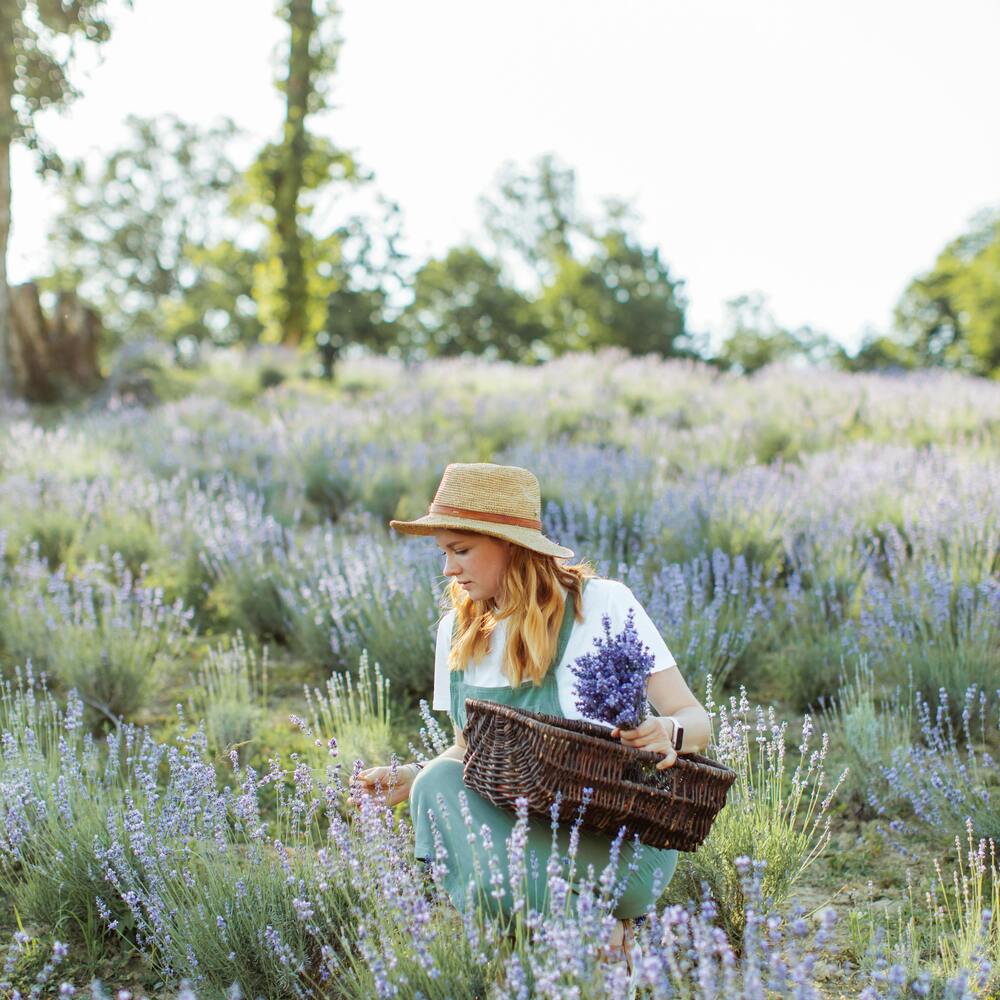
Keep in Mind the Architecture of Your House
If you want to achieve 100% compatibility, you must ensure that the future landscape matches the architecture of your house. Why is it so important? Because if you select a strict landscape design for the house with strict shapes, they won’t match, and you will have a bad concept. So, consider looking for a landscape with the same shape and an appropriate size.
Ask for Help
The plant innovations change, as well as the combinations and architecture concepts. When you think of creating a landscape design, you must be informed of the latest updates in this niche. Still, changes happen rapidly, and sometimes, individuals can’t follow every trend. That’s where you may need the help of a professional. Experienced landscape designers will show all the actual concepts and answer all the questions. Feel free to share your vision because, with the help of a specialist, you will definitely find the best option.
Use Tools for Efficiency
How can the tools help you select plants for the landscape? It’s easy when you know what you need. Below are two useful platforms you should pay attention to:
- Yard Planner helps you create a virtual concept of your yard. You can place your landscape in the yard and see whether it matches your expectations or not. Equipped with a user-friendly interface, you can quickly switch between the options and work quickly.
- Plant Finder makes the plant search fast and efficient. You have access to a huge database and are free to select whatever you want. If you have any questions about plant compatibility or characteristics, you can get all the answers.
With access to such tools, you don’t need to worry about missing something. Take your time and select the best plants for the future landscape.
Come up With the Plant Palette
Once you’ve gathered all the characteristics and analysis, it’s time to take action. You can create a palette using various visualization tools and put everything together. Edit your contempt, select the needed colors, and make notes about the size and cost. The plants may not be cheap, especially if you look for plants for multiple seasons, and they're definitely more expensive than the best pay for essay websites.
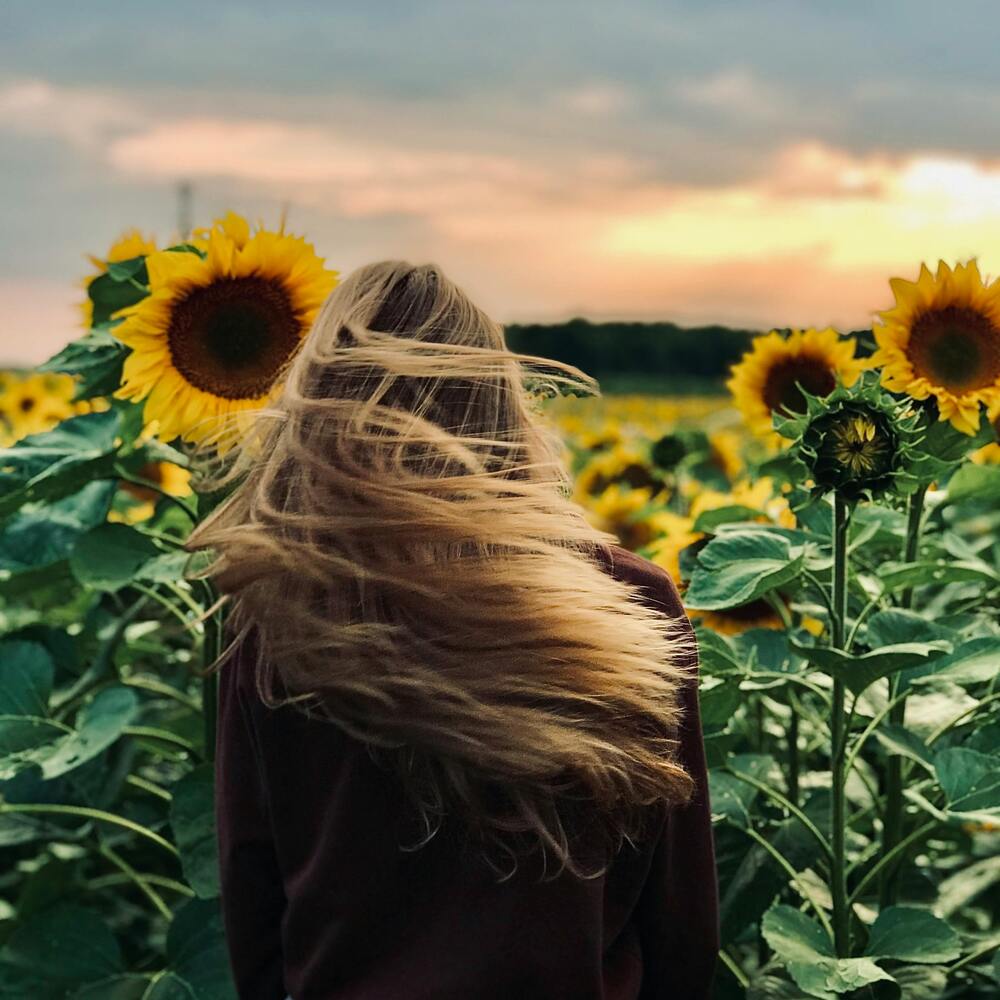
Show Your Plant Layout
Finally, it’s time for a final showdown. When drawing your layout, you basically create a diagram that describes such aspects as:
- Location
- Quantity
- Spacing
If you find it complicated, look for a proper guideline and follow the instructions. Ensure you can find answers to all your questions and clearly understand what needs to be done. Also, create a label with your plants and mark their names, symbols, and dimensions.
Should You Select Local or Native Plants?
Adding native plants to your concept is a serious bonus. The first and obvious advantage is that these plants are adapted to the local climate. Whether you have a strong heat or an extreme cold, they will survive and look nice all the time. The second advantage is that native plants are a part of local wildlife. They play the role of food and shelter for birds and animals so they can exist in harmony.
How to Buy Good Plants?
Always look for signs of health when purchasing plants. It’s good when a needed plant has fresh leaves and a well-developed root system. It’s also important to avoid plants that have signs of disease (marks on the leaves, insects, etc.). Choose wisely when creating the garden you’ve dreamed about. Since it’s a long process that requires time, money, and effort, you should plan everything beforehand.

